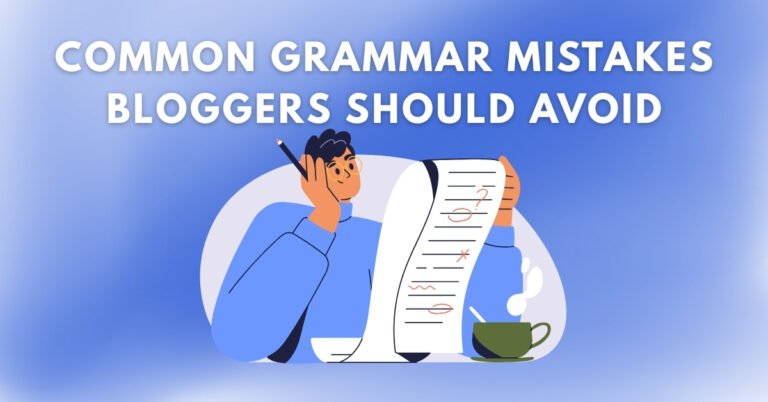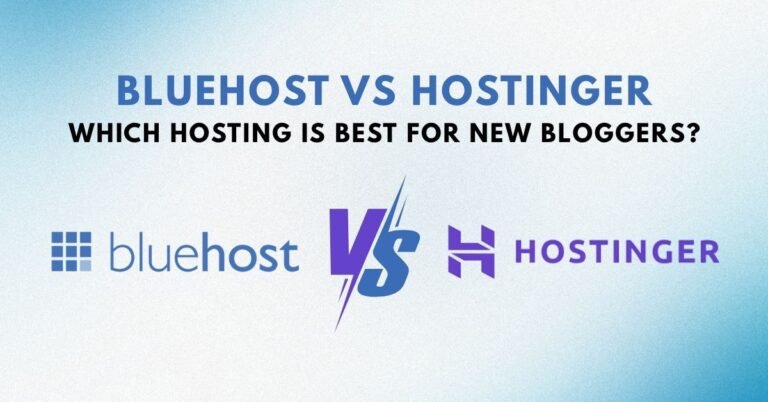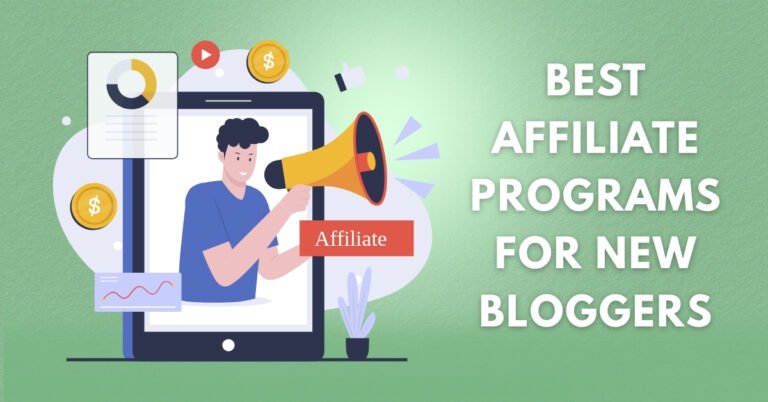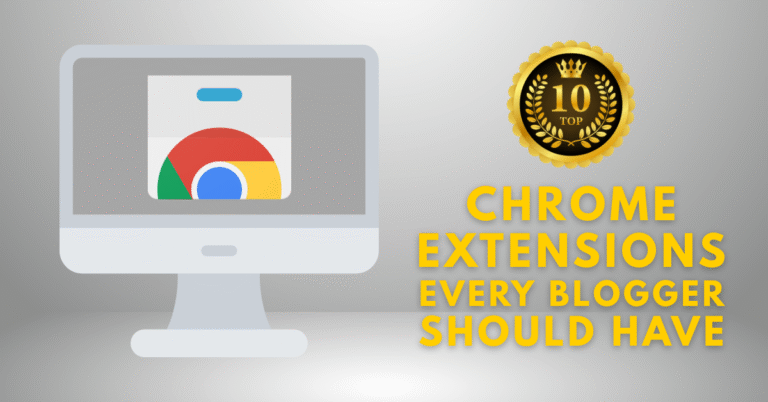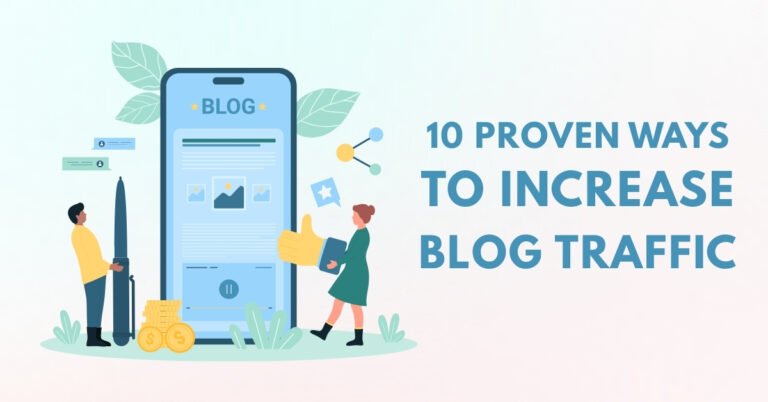Blogging has evolved from a personal journal to a powerful medium for sharing ideas, building authority, and even earning a living. But if you’re just starting out, figuring out how to blog effectively or what content to write can be overwhelming.
The good news? There are plenty of high-quality platforms that teach blogging and content writing — from beginner-friendly basics to expert-level techniques. In this guide, we’ll explore the top 10 platforms to learn blogging and content writing so you can gain confidence, improve your skills, and start publishing like a pro.
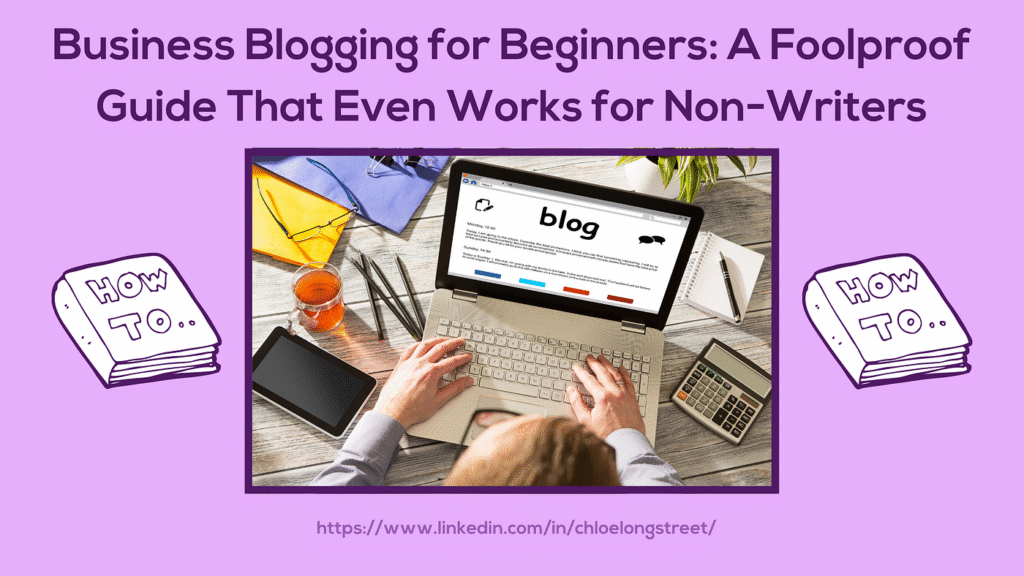
Why Learn Blogging & Content Writing?
Before we dive into the platforms, let’s understand why learning blogging and writing skills is crucial in today’s digital landscape:
- Helps you build an online presence
- Enables you to express thoughts clearly and persuasively
- Attracts traffic through search engines (SEO)
- Offers monetization opportunities via ads, affiliate marketing, or services
- Builds authority in your niche
Whether you’re launching a personal blog, freelancing, or building a content business, learning how to blog and write content well is a must.
HubSpot Academy
Best For: Inbound marketing and content strategy
HubSpot Academy offers free blogging and content marketing courses that are ideal for beginners and intermediate users. Their lessons are backed by real-world strategy, making it a great pick for those who want to grow a blog as a business.
Key Features:
- Free certifications
- Content strategy modules
- SEO, email marketing, and blogging lessons

Website: academy.hubspot.com
Coursera
Best For: Academic-style writing and structured learning paths
Coursera partners with top universities to provide courses in content writing, digital marketing, and blogging. Popular blogging-related courses include “The Strategy of Content Marketing” by UC Davis and “Content Marketing” by Northwestern University.
Key Features:
- Taught by professors and industry experts
- Shareable certificates
- Long-form content creation and planning
Free & Paid Options Available
Website: coursera.org
Skillshare
Best For: Bite-sized tutorials and creative writing lessons
Skillshare offers hundreds of blogging and writing courses covering topics like personal branding, WordPress, SEO, and storytelling. The platform shines in its practical, community-driven learning format.
Key Features:
- Classes under 60 minutes
- Project-based learning
- Real-world blogging and writing examples
Free Trial Available
Website: skillshare.com
Udemy
Best For: Affordable, one-time purchase blogging courses
Udemy has a vast collection of blogging and content writing courses for all levels. You’ll find tutorials on WordPress, affiliate blogging, SEO content, email writing, and more — all for a one-time fee.
Key Features:
- Lifetime access to purchased courses
- Ratings and reviews help choose quality
- Frequent discounts

Website: udemy.com
ProBlogger Courses
Best For: Serious bloggers wanting to monetize
Founded by Darren Rowse, ProBlogger is a well-known blog and resource hub. It offers specific courses on how to turn your blog into a business, grow your audience, and earn from affiliate marketing or ads.
Key Features:
- Focused on professional blogging
- Monetization strategies
- Community support
Website: problogger.com
Grammarly Blog & Academy
Best For: Improving writing clarity and tone
Grammarly’s blog and learning center teach content clarity, grammar improvement, and persuasive writing. Ideal for bloggers who want to write better, faster, and more engagingly.
Key Features:
- Free writing resources
- Advanced grammar and tone suggestions
- Style improvement tips
Website: grammarly.com/blog
Copyblogger Academy
Best For: Copywriting and persuasive content
Copyblogger is a goldmine for anyone interested in writing content that sells. Their training includes copywriting frameworks, email marketing, and storytelling. They also run a paid membership for deeper coaching.
Key Features:
- Copywriting-focused
- Great for freelancers and marketers
- Real-world examples

Website: copyblogger.com
Medium Partner Program & Writing Guides
Best For: Publishing and getting feedback
Medium isn’t just a place to publish — it’s a learning platform too. Their writing guides and community feedback help you sharpen your voice. The Partner Program lets you earn for your content based on engagement.
Key Features:
- Easy publishing platform
- Writing guidelines and feedback
- Monetization through Partner Program
Website: medium.com
Smart Blogger
Best For: Step-by-step blogging strategies
Smart Blogger by Jon Morrow offers premium blogging courses, content writing tutorials, and freelance writing guides. It’s best for those who want structured guidance from beginner to pro level.
Key Features:
- Actionable blogging tutorials
- Email list building and traffic growth
- Free and paid training options
Website: smartblogger.com
LinkedIn Learning
Best For: Professional writing and brand building
LinkedIn Learning provides professional writing and blogging courses, ideal for freelancers or business bloggers looking to upskill. It’s especially useful for content that supports business growth.
Key Features:
- Professional development focus
- Business and blog branding
- Integration with LinkedIn profile

Website: linkedin.com/learning
How to Choose the Right Platform?
When selecting a platform to learn blogging or content writing, consider:
- Your budget (free vs. paid)
- Your learning style (video, written, project-based)
- Your goal (freelance writing, niche blogging, content marketing)
- Time commitment (short tutorials vs. full courses)
Tips to Get the Most Out of These Platforms
- Start with free resources to get familiar
- Choose one platform to avoid overwhelm
- Implement what you learn immediately
- Join communities or forums for feedback
- Don’t just learn — publish consistently!
FAQ: Learning Blogging & Content Writing
Blogging is more personal and niche-focused, while content writing often includes web content, emails, articles, and product descriptions.
It depends on your consistency, niche, and learning. With the right courses and practice, most beginners see progress within 3–6 months.
Final Thoughts
Learning blogging and content writing is one of the smartest investments you can make as a beginner in today’s digital world. Whether you’re blogging for passion or profit, these platforms offer all the tools, tutorials, and techniques you need to succeed.
Choose one platform to begin with, stay consistent, and never stop learning. Your blogging journey starts with a single word — so go ahead and write it.

